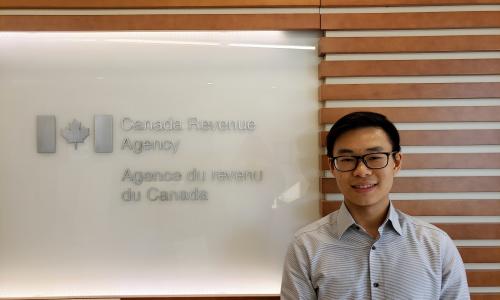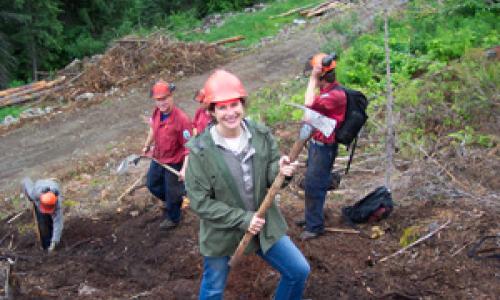
Happenstance is an event, situation, or conversation that happens by chance. From a career perspective, acting on happenstance means transforming unplanned events into career opportunities. Quite often, people have the misconception that their major translates to a few commonly associated career paths. However, the truth is that there are endless possibilities and some are affected by chance. Think about all your work and volunteer experiences, and your interests. These all play a vital role in your career exploration. Perhaps consider turning an experience that is not related to your major into a career opportunity. In doing so, you are not just following the associated career paths of your major, but instead doing something that accurately defines you and what you are passionate about.
Doctor Kathleen Mitchell, who specializes in Counseling Psychology, argues that it is illogical to choose and plan a career path without exploring the thousands of other options available. Social, economic, and political factors influence the job market on a regular basis, so your career plan might have to change along with the job market. For example, a social media specialist position did not exist five years ago, but is recently a blossoming occupation. Mitchell proposes Planned Happenstance:
"A conscious, purposeful, and ongoing process that will help you build a more satisfying and fulfilling career.”
Planned happenstance is more than just luck or being in the right place at the right time.
Research indicates that 70% of post-secondary students claim that their career choices were influenced by an unplanned event (Krumboltz and Levin, 2004). Your possibilities are endless, so start taking action on your career. Book a career advising appointment with Career Services so that an advisor can help you discover your possibilities. Hint: visit What Can I Do With A Degree In…? This resource has a list of faculties and the departments within them. By clicking on your intended major, you can learn about what skills you will develop, career options, potential work environments, related professional associations, career development and work search resources, and more.
To create more chances, you should be open-minded, curious, persistent, flexible, willing to take risks, and optimistic.













